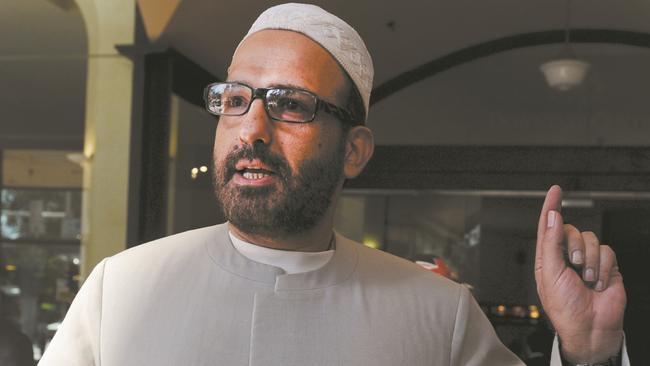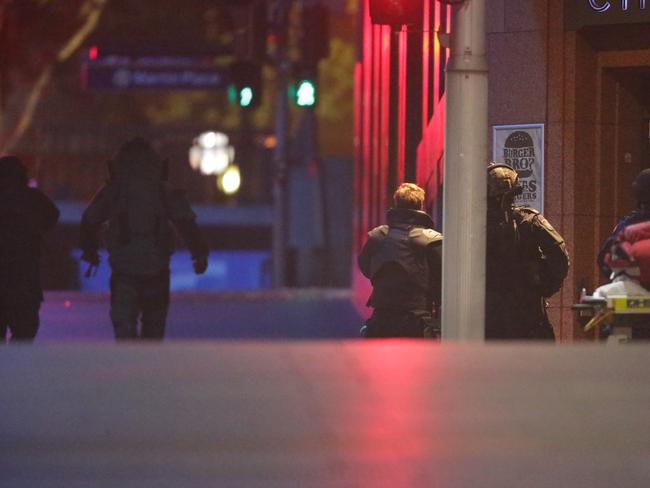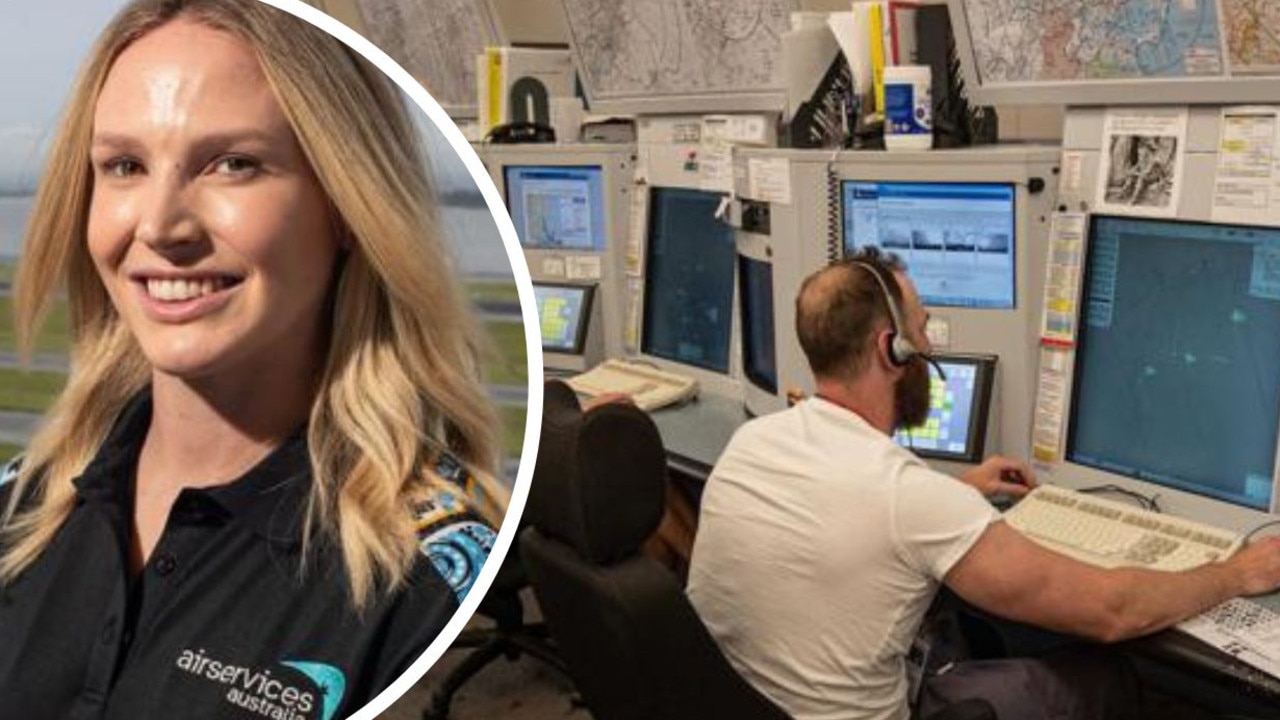Lindt siege inquest: Psychiatrist advising police believed Man Monis was seeking ‘great infamy’
A PSYCHIATRIST advising police during the Lindt cafe siege believed gunman Man Monis was seeking ‘great infamy’ rather than wanting to harm anyone.

NSW
Don't miss out on the headlines from NSW. Followed categories will be added to My News.
- Lindt inquest: Psychiatrist didn’t take hostage’s assessment seriously
- Lindt inquest: Top cop ‘refused’ to approve ‘sound plan’
- Lindt siege inquest: Police did not know Tori Johnson was about to be killed
A PSYCHIATRIST advising police during the Lindt cafe siege believed gunman Man Monis was seeking “great infamy” rather than wanting to harm anyone.
The psychiatrist, who cannot be named, yesterday told the inquest into the 2014 siege that he thought Monis wanted notoriety as the first person to carry out an Islamic State attack on Australian soil.
The national counter-terrorism adviser, who is contracted to the federal Attorney-General’s department, as well as working for the NSW Police, where he is paid by the hour when needed, said he had believed Monis had not been as dangerous “as he might seem to be”.
The inquest has already heard that the psychiatrist believed siege negotiations had reached deadlock and nothing would probably happen before morning, less than 30 minutes before the gunman shot at escaping hostages and executed cafe manager Tori Johnson at 2.13am on December 16.

Barrister Katrina Dawson died after being hit by fragments of police bullets when officers stormed the cafe.
The psychiatrist, who is represented by his own barrister in court, said he had doubted Monis’ claim that he was acting on behalf of IS because he had the wrong flag — the black Shahada flag, not the IS flag — and doubted he was even politically motivated.
“This was a grandiose self-focused event … with scant regard for what was being done to the people … to prosecute an objective which was for the perpetrator’s personal need to be recognised widely as a figure of great infamy,” he told the inquest.
The doctor said he could not downplay the dangerousness while Monis was armed with a sawn-off shotgun and claimed to have a bomb in his backpack, a claim found later to be false.
Until his motivation could be determined, police had to take Monis seriously for fear of an attack like the weekend’s massacre at the Orlando nightclub, he said.
The psychiatrist said his job was to be more than an expert psychiatrist, he was advising the negotiators as a “human behaviour specialist” and agreed with the policy to contain and negotiate to end the 17-hour siege.
But another expert, forensic psychiatrist Dr Jonathan Phillips, has previously told the inquest that he had no doubt that Monis was a terrorist and that the risk to the hostages increased with every hour that passed.
Dr Phillips has said that psychopaths were unlikely to be susceptible to negotiation and the siege was never going to end peacefully.
The inquest continues in Sydney today.




